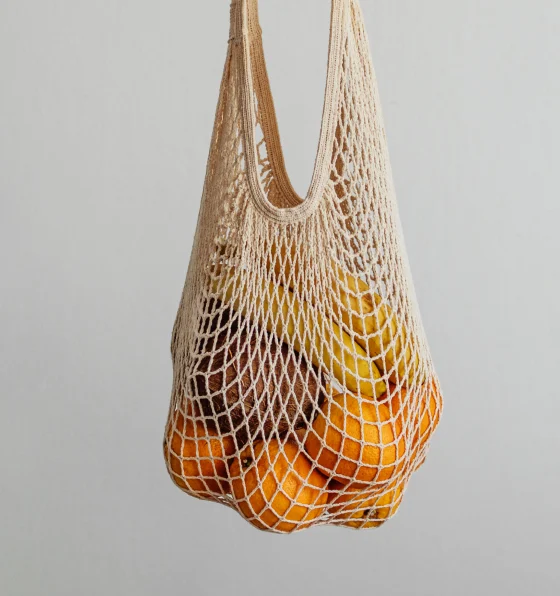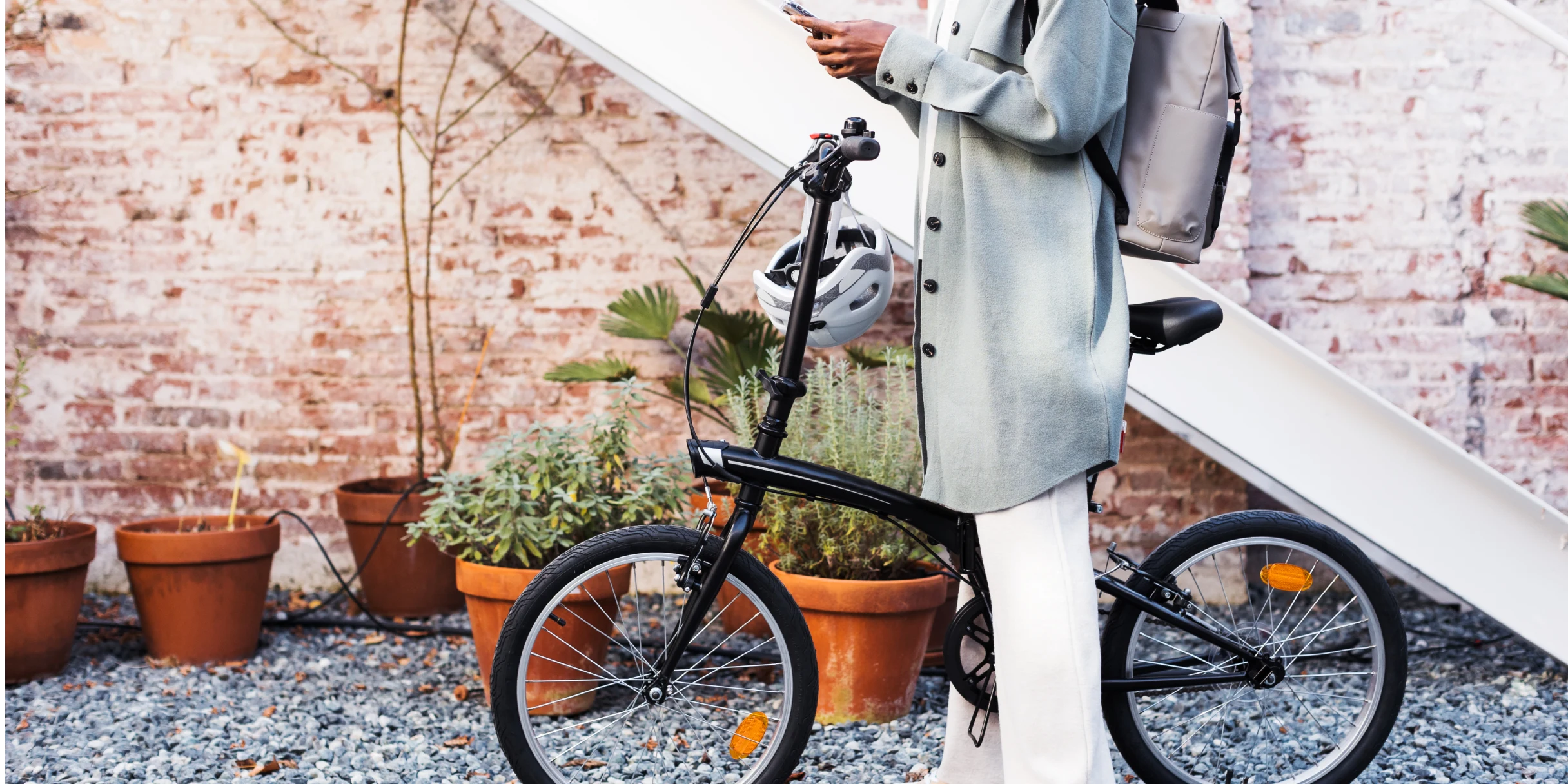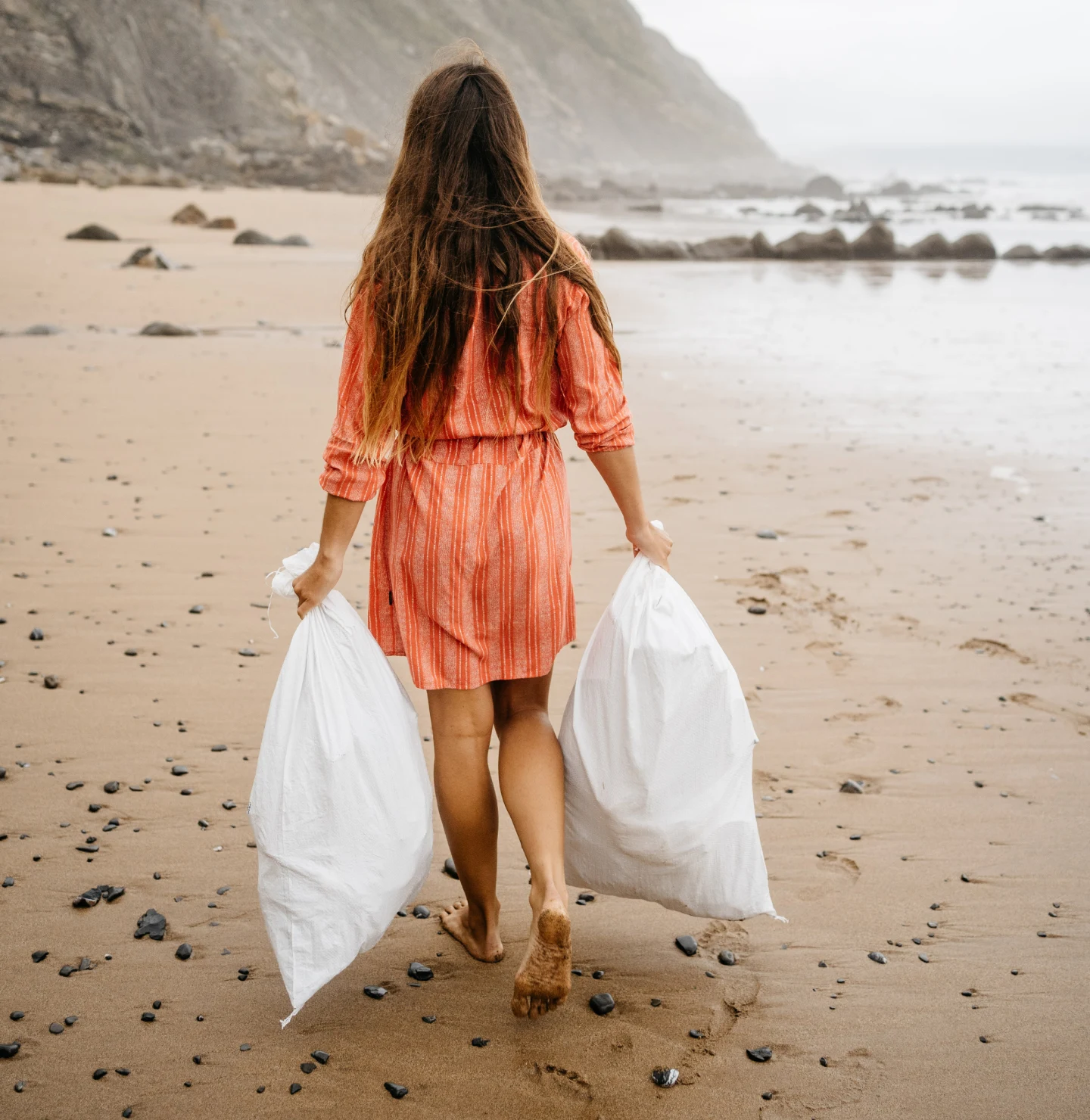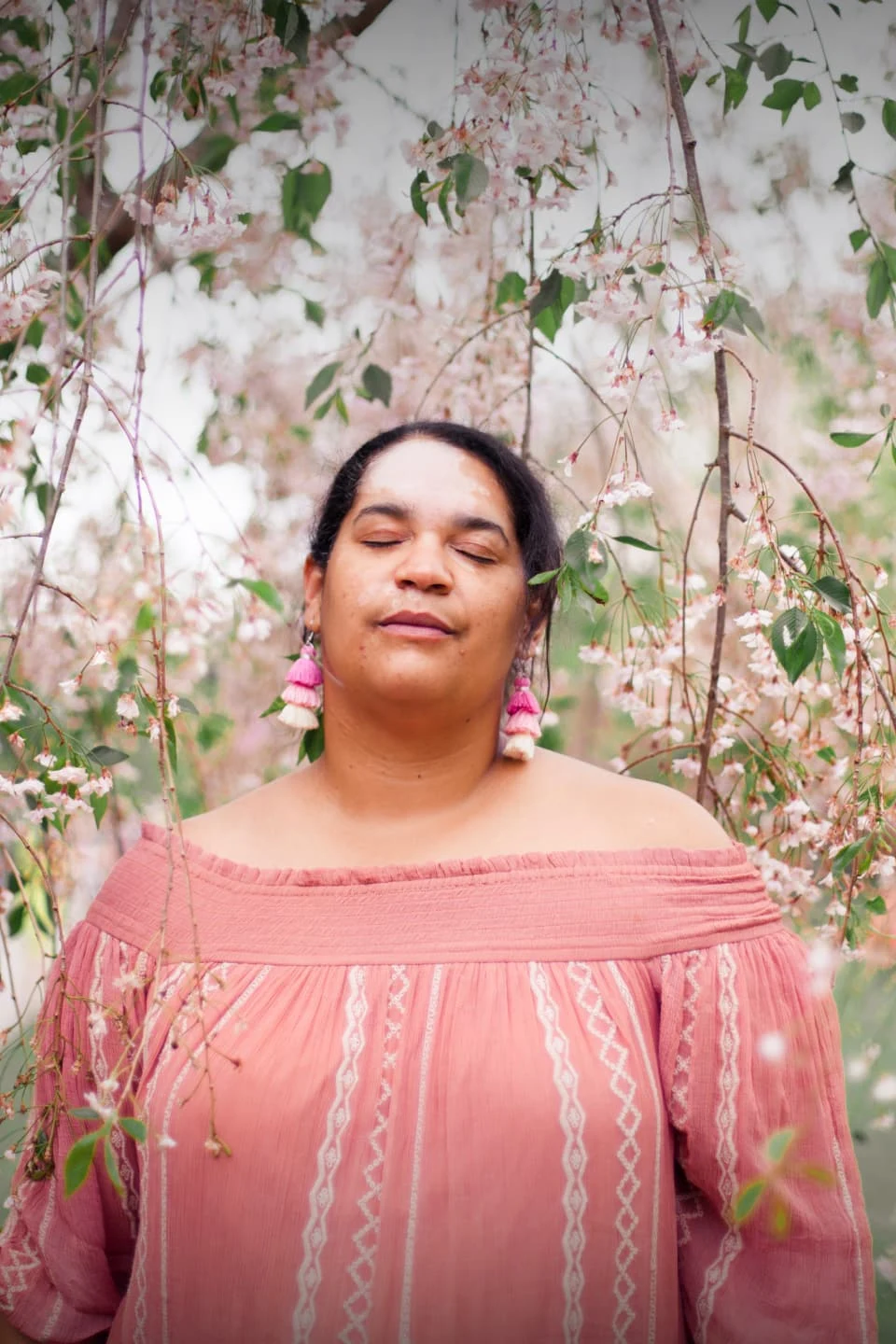The Point: There’s a new sense of urgency to take better care of the planet. As people reevaluated their priorities during COVID, they realized they want to live more sustainably. Now, they’re building new routines and taking action on a greener lifestyle.
As things start to open up, people are planning their “future me”: how they want to show up in the world. And it turns out they want to change their impact on the world, too.
People are emerging into the “new normal” with a greater sense of urgency to take care of our planet. We’re predicting a Greenaissance: a renewed focus on sustainable living, Earth-friendly products and calls for community action.
In a recent study, we asked people all over the world about their sustainability practices. The majority had started at least one new sustainability habit during COVID. And even more promising? 4 in 5 consumers plan to continue taking action on a more sustainable lifestyle in their “new normal.”1
“
4 in 5 consumers plan to take action on a more sustainable lifestyle in their “new normal”
Where did this inspiration come from? For some, all that time at home during COVID gave them a better understanding of their consumption habits—like how much trash they produce. For others, COVID brought a new interest in outdoor hobbies. And it was certainly hard to ignore one of the positive effects of people staying home so much: reduced pollution and cleaner air, all over the world.
People on Pinterest lead the charge
People who love Pinterest also love the planet. They’re 40% more likely to say the environment is a personal interest, and 30% more likely than non-Pinners to act on that interest.2 It adds up to a series of meaningful changes all across their lives, from how they eat to how they move.
more likely than non-Pinners to say the environment is a personal interest2
more likely than non-Pinners to act on that interest2



Eat clean
Pinners are increasingly mindful of what they eat, whether they’re cooking at home or grabbing food on the go. They’re swapping in more plant proteins, reading ingredient lists and cutting out chemicals. Plus, they’re prioritizing local suppliers: People on Pinterest are 70% more likely than non-Pinners to seek out local brands or produce.1
Buy green
The old refrain of reduce, reuse, recycle hit overdrive. 80% of Pinners are trying to buy more sustainably made products, and it’s affecting their product choices across the board.1 Think recyclable packaging, efficient energy solutions and cleaner tech.
Drive lean
People who use Pinterest are 55% more likely to be concerned about their personal carbon footprint than people who aren’t on Pinterest.1 They’re more interested in electric cars, concept cars and commuter bikes.

Be their next eco-friendly find
As people continue to shape new habits, they're still learning what works. They're consistently seeking new ideas and products—and Pinterest is where they find them. You have an opportunity to shape and influence consumer purchases while they’re searching for their next great sustainability idea.
Several brands are already using this momentum to their advantage. For example, Nespresso ran a Pinterest campaign in France about their recycling program, which helped significantly increase awareness of their eco actions. Video ads explained that by the end of 2021, every one of Nespresso’s coffee capsules will be made using 80% recycled aluminum as part of their bid to become fully carbon neutral by 2022.
Honda also turned to Pinterest to reach eco-conscious consumers. They incorporated Pinterest trends about responsible travel into their campaign to launch the new CR-V Hybrid SUV. With relevant targeting and a mix of ad formats featuring the CR-V in action, Honda reached people actively looking for a new vehicle on Pinterest, driving strong campaign results.

Act on the insights
1.
Provide educational content
A lack of eco-knowledge is one of the main reasons people don’t adopt sustainability practices. Consider making Pins on carbon neutrality, climate change or how to use less plastic.
2.
Show off your sustainable side
As your brand continues its own journey to being more Earth-conscious, share your sustainable practices. That way, people can make more informed purchasing decisions.
3.
Inspire action
Think Earth Day, every day. You can share tips to help people make their homes greener, or help them find eco-friendly hobbies.

